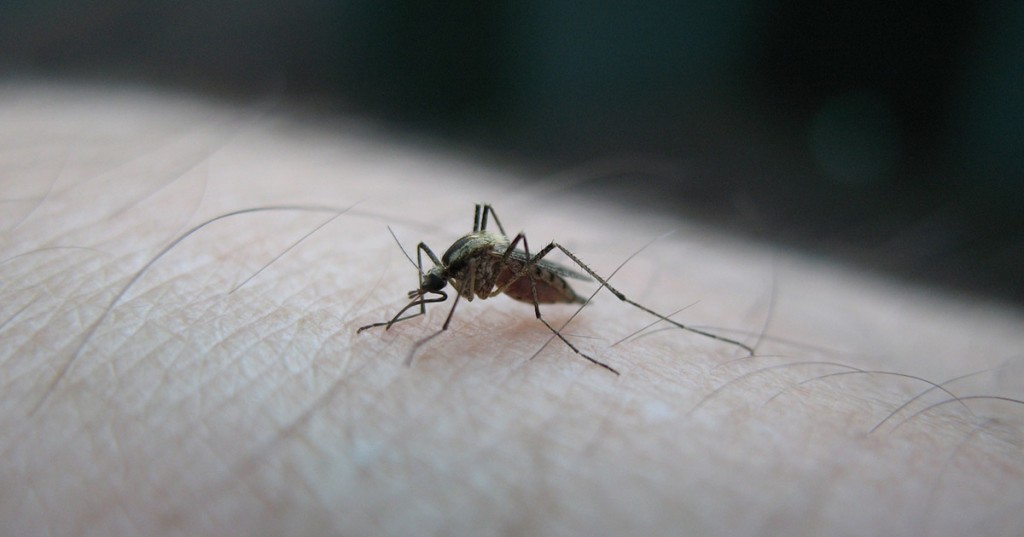
We are seeing many stories in the media about tropical viruses, particularly the Zika virus.
Zika virus infection is spreading rapidly in the Western Hemisphere outside the U.S. and Canada. Zika virus infection is mild or has no symptoms in most people.
Following the 2015 outbreak in Brazil, there is concern that Zika is causing serious brain injury to infants whose mothers have been infected during pregnancy, and also causing increased cases of Guillain-Barré syndrome — a temporary but serious disorder causing paralysis.
Since many Americans travel to tropical regions now infected, especially this time of year, there is a possibility that someone could become infected without knowing it. In most cases the virus is transmitted to humans by infected mosquitoes. A few cases of person-to-person transmission have been reported.
There is concern that Zika virus can be transmitted by blood; Zika virus can be present in the blood of an infected person who has no symptoms of illness. Therefore, we are taking steps to ensure the safety of our blood supply.
Is there risk to the Northwest’s blood supply from the Zika virus?
We are following all FDA, CDC, and AABB recommendations to keep our blood supply safe from Zika and other viruses.
A number of precautionary measures are in place:
What’s the impact of these measures on the Northwest’s blood supply?
Deferring people who have recently traveled to tropical areas in the Northern Hemisphere will result in an estimated 2.25% reduction in our eligible donors – especially this time of year, when travel to tropical areas is more common.
To close this gap means we’ll have to rely more on new donors and people who have not traveled to tropical areas.
Tell Us What You Think!